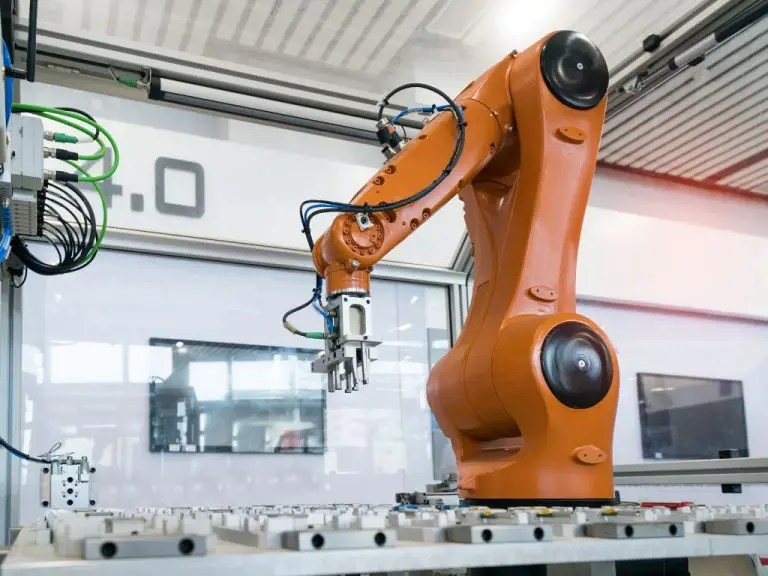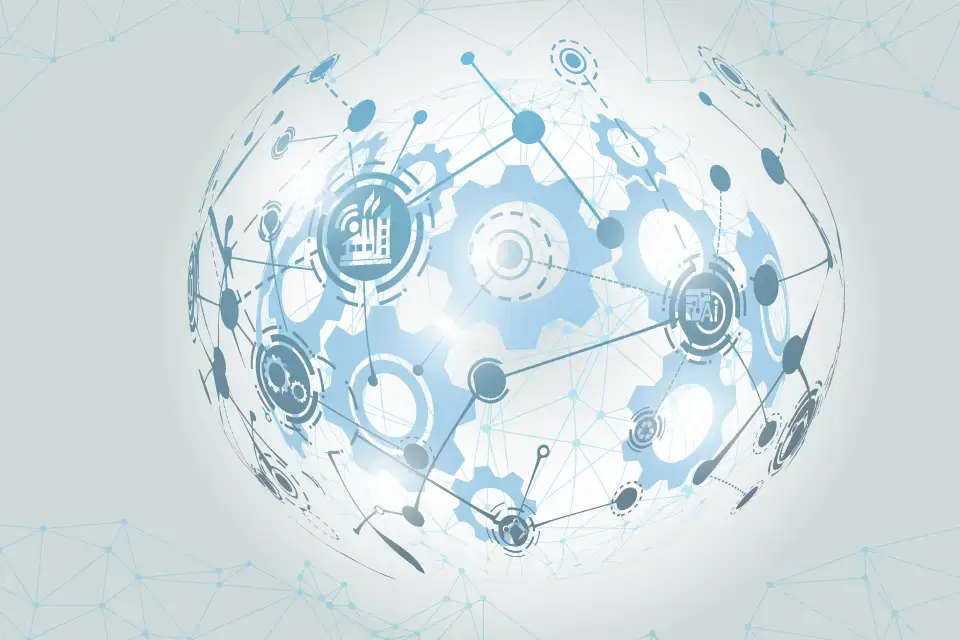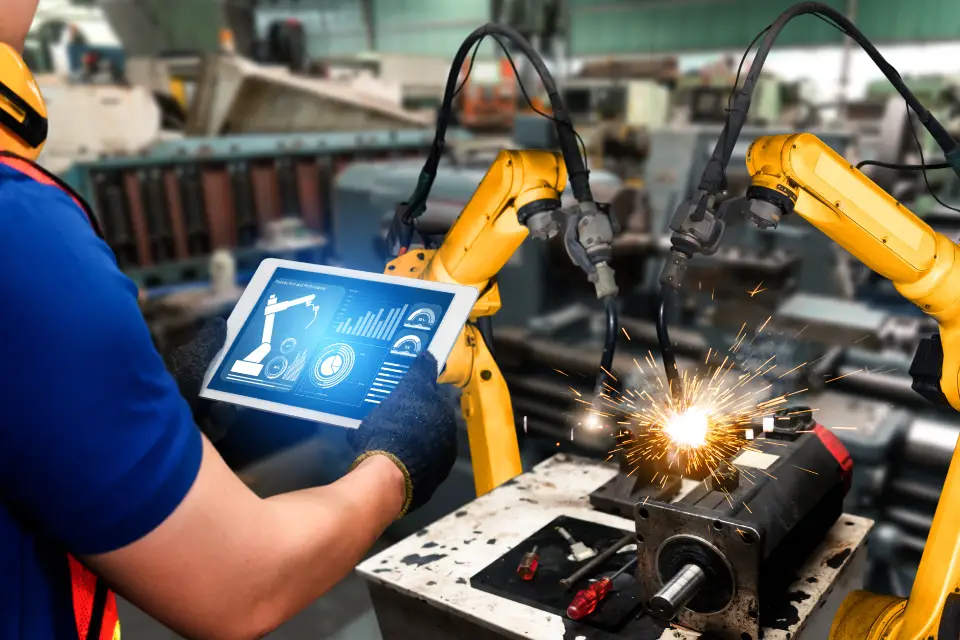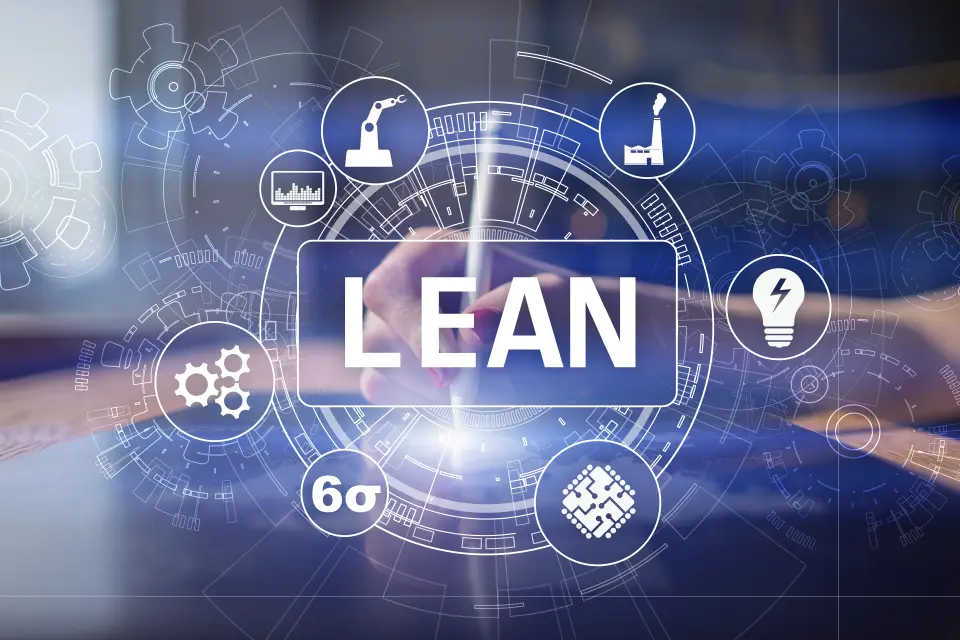Introduction
In an era of digital transformations in manufacturing, the sector moves towards its next paradigm shift, setting new global trends in the manufacturing industry. An intertwined connectivity of Industry 4.0, green manufacturing, additive manufacturing, advanced robotics, and artificial intelligence are now rapidly shaping the manufacturing world.
Industry 4.0
The 4th Industrial Revolution is characterized by the convergence of automation, data exchange, Internet of Things (IoT), cloud computing, artificial intelligence, and other advanced technologies. Succeeding over the three industrial revolutions, the fourth industrial revolution brings a transformation from digitally converted data into processes using digital transformation in manufacturing to improve businesses, paving the way for the future of digital transformation.. The integration of these digital technologies across a factory chain creates smart factories, which increases productivity, quality, and efficiency, along with greater flexibility, customization, and sustainability. However, even in this era of industrial revolution, one must be aware of the drawbacks of such advancements, such as cybersecurity risks, workforce displacement, and the need for continuous skill development.

Green Manufacturing
Environment-friendly decisions are no longer optional in corporate strategy, but a necessity to overcome climate change and to maintain environmental sustainability. Another global trend in manufacturing industry is green manufacturing, which is an effort to increase recycling and reusing material to reduce natural resource consumption. Industries are working on reducing the carbon fuel economy and are taking steps towards achieving net zero by 2050. Now what is Net Zero? It is the balance between the emissions of Green House Gases (GHG) that enter the atmosphere and the removal of the same from the atmosphere.
Additive Manufacturing in the Future
From functional prototypes and real-time models to actual products, additive manufacturing is paving the way for advancements in various manufacturing sectors. Industries utilize additive manufacturing as they build complex and intricate components with precision and more rapidly than traditional casting methods. Additive manufacturing is one impactful method in green manufacturing as it massively reduces raw material wastage during the manufacturing process.
Advanced Robotics Assist in Digital Transformation in Manufacturing
Much of day-to-day operations in the industries are AI-enabled. Industries choose AI to remain competitive and embrace digital technological changes at the workplace to increase operational efficiency. Advanced robotics perform tasks with speed, precision, and consistency, leading to improved efficiency and productivity in manufacturing processes. Robots work around the clock without fatigue, resulting in higher output and reduced cycle times. Collaborative robots known as “cobots” create an environment where robots work together with humans in a floor space enabling better productivity and safety.

The Rise of Artificial Intelligence
If an organization isn’t currently using AI for knowledge assistance, they will soon see the benefits of launching a secure AI tool such as MFG Genius, along with their learning and development program. When an operator on the shop floor has the ability to quickly gain knowledge on demand at the point of need, production slowdowns are minimized and production efficiency improves.
Digital Transformations in Manufacturing in the Future
In the digital transformation of manufacturing, all these trends work in conjunction with other future trends to take transformative shifts towards greater efficiency, flexibility, sustainability, and innovation. Success in this rapidly changing environment requires a proactive approach, with investments in digitalization and talent development to unlock new levels of productivity, competitiveness, and value creation.



